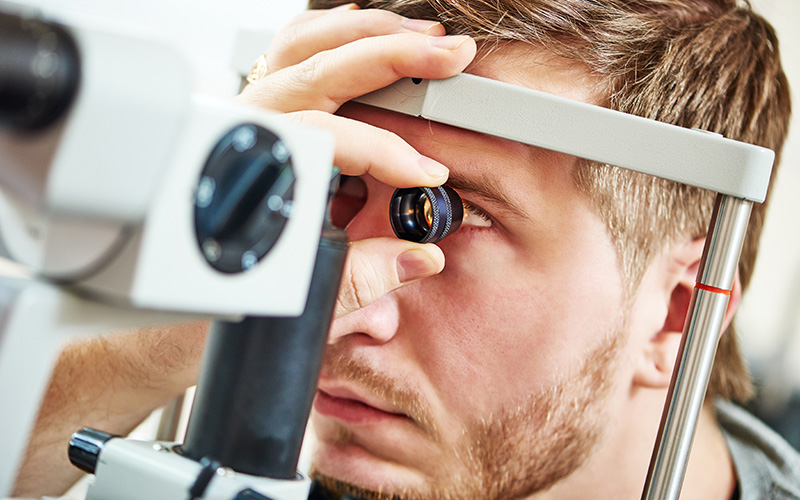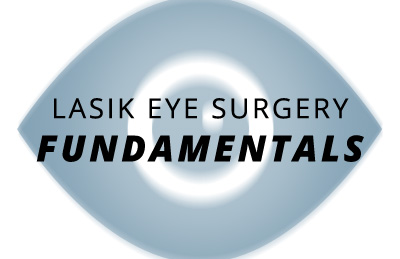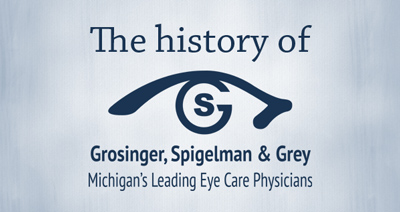
The National Eye Institute projects 4.2 million people in the United States will be inflicted by Glaucoma by 2030. Glaucoma causes damage to the optic nerve. Permanent loss of vision is the result. There are no symptoms so it often goes unnoticed. Early detection is essential. Medication or surgery can slow or thwart further loss of vision. Regular eye exams are vital in helping people retain their sight.








